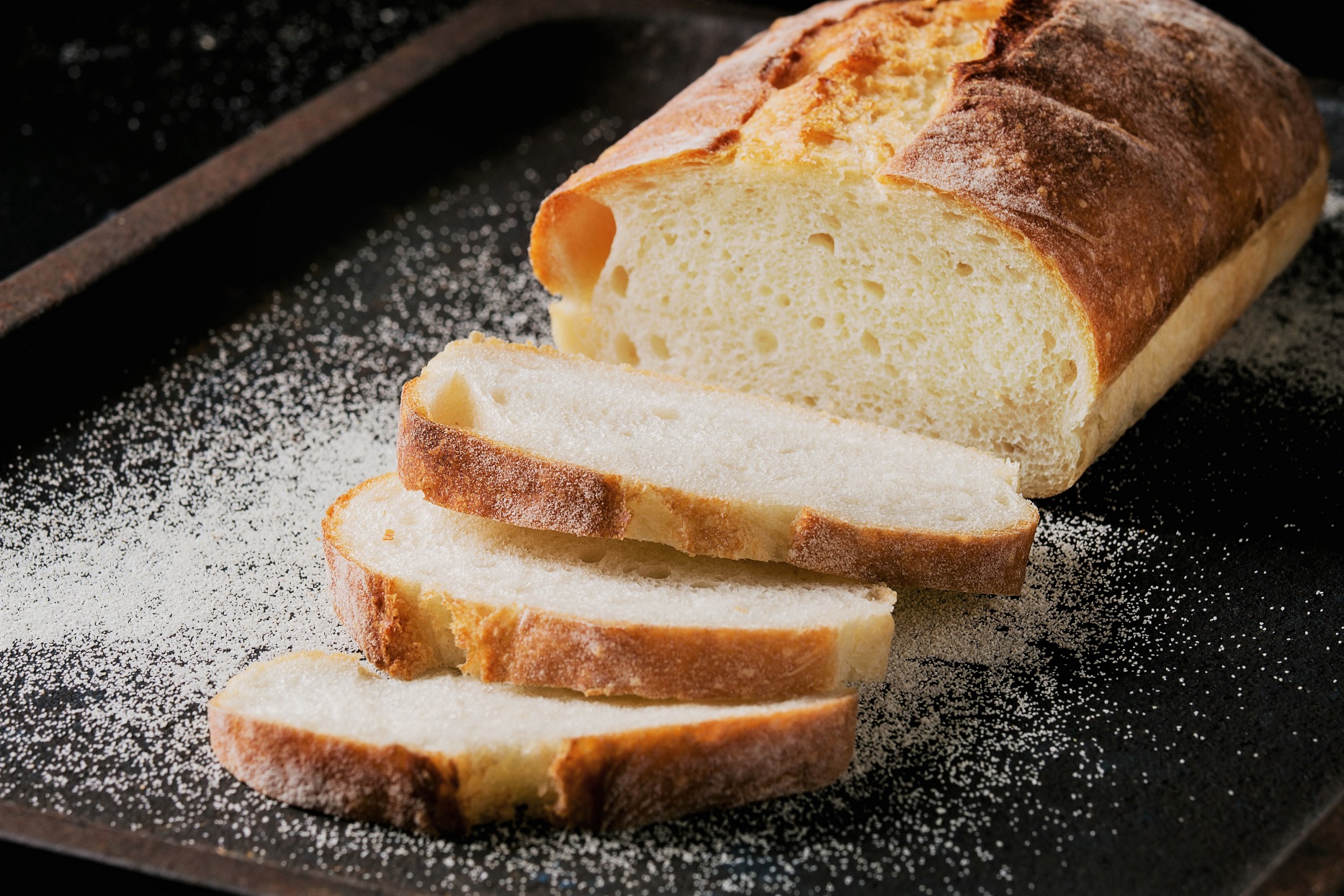
Flip over a package of store-bought bread, and you just might find propionate listed in the ingredient list. It's a commonly used preservative that helps that loaf stay fresher longer and prevent mold from forming. But propionate has recently been singled out in a research study—and the findings show that it may not be good for health.
Propionate, which is considered GRAS (or "generally recognized as safe") by the FDA, is commonly found in processed foods in the ingredients calcium propionate and sodium propionate. The preservative is used in packaged breads, plus some cakes, pies, cheese, certain jellies and preserves, as well as animal feed. Propionate may also be used in artificial flavorings for foods. Now researchers from Harvard T.H. Chan School of Public Health say that this ingredient may act as a "metabolic disruptor" that could raise the risk for both obesity and diabetes.
In their study published in Science Translational Medicine, the researchers first gave propionate to mice. They found that it led to an increase in hormones that resulted in high blood sugar, a marker for diabetes over time. Feeding the preservative to the mice in amounts equivalent to what people would typically eat also led to gradual weight gain and insulin resistance. Insulin is a hormone that the body releases to move glucose (sugar) out of the bloodstream and into the cells. Insulin resistance occurs when the cells aren't responding well to insulin and the sugar isn't moving out of the blood as it should. Over time, that can turn into diabetes.
The researchers then tested the preservative's effects in a study of 14 people, who were either fed a meal containing propionate (again, in an amount commonly consumed) or a meal with a placebo. Those who ate the preservative-containing meal showed higher levels of the same hormones that were boosted in mice who consumed it.
Obesity and diabetes are health concerns for both adults and children. Almost one in five school age children are considered obese, according to the CDC. Rates of type 2 diabetes, which used to be considered an adults-only condition, are on the rise among kids.
The researchers speculate that the surge in both obesity and diabetes in the general public may be partly explained by ingredients in foods. "We are exposed to hundreds of these chemicals on a daily basis," researcher Amir Tirosh stated in a Harvard press release about the study. "And most have not been tested in detail for their potential long-term metabolic effects."
This study doesn't prove a cause-and-effect relationship between propionate and obesity or diabetes, and more research is needed. But in the meantime, if you want to avoid this preservative, check ingredient lists on food labels. Many bread products will contain it. Organic products will not.
Sally Kuzemchak, MS, RD, is a registered dietitian, educator, and mom of two who blogs at Real Mom Nutrition. She is the author of The 101 Healthiest Foods For Kids. She also collaborated with Cooking Light on Dinnertime Survival Guide, a cookbook for busy families. You can follow her on Facebook, Twitter, Pinterest, and Instagram. In her spare time, she loads and unloads the dishwasher. Then loads it again.

